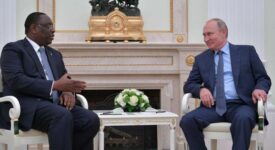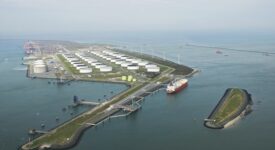Czech leaders expressed their satisfaction with the impact the Visegrad Group has had on the European Union’s migration policy, although some Czech MEPs pointed out that the actual influence might in fact be rather limited. June’s European summit conclusions on migration policy were embraced by the V4 leaders as a victory. The Czech PM Andrej Babiš was especially satisfied with the deal when he noted that “the Visegrád Group was able to push through all it intended.”
EU members agreed that the new migration policy should strengthen its external borders, create disembarkation platforms outside Europe and aim for relocation on voluntary basis, not using a mandatory quota scheme. To that end, European Union foreign policy chief Federica Mogherini on Thursday (30 August) stressed that “it would be good if member states take more responsibility” and added that “the important thing is that we manage to keep the operation going… This has been a remarkable achievement for all of the European Union.”
Rome used the occasion to propose an extension of the EU’s program ‘Sophia’, whose aim is to combat trafficking in the Mediterranean. The Italian government is, however, planning to ask the European Union to revamp the rules of the mission and extend its mandate. Italy has made it clear that it would not be carrying the burden of the migrant crisis alone and urged the other EU member states to do their fair share by accepting more migrants. Meanwhile, German Defence Minister Ursula von der Leyen said Sophia would be running through December this year – the deadline set by European leaders to solve the issue of accepting asylum seekers. “That is the question that is anyhow right on top of the agenda of EU leaders… and so I expect this question to be solved in the autumn,” she said.







